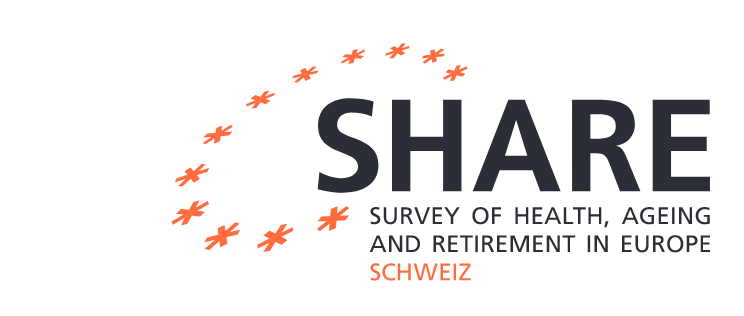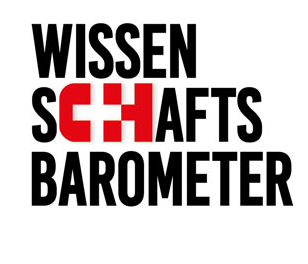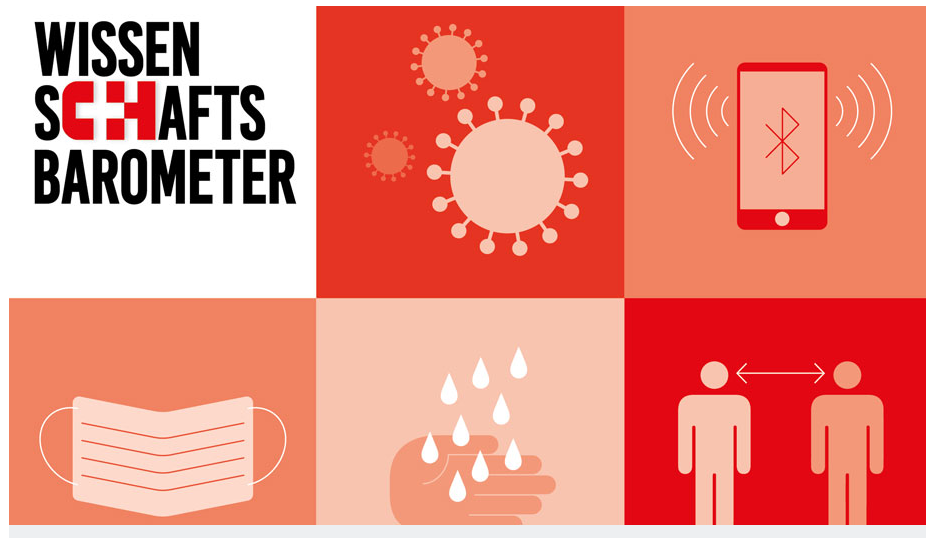Programme
The Swiss Covid-19 Data Symposium organised by FORS will give social science researchers an overview of different Swiss datasets that can be analyzed to assess the impact of the Covid-19-pandemic on numerous aspects of individuals’ everyday lives. COVID-19 data from the following surveys and studies are presented: MOSAiCH, Swiss Corona Stress Study, Selects, Swiss Household Panel, COVID-19 Social Monitor ZHAW, SHARE and the COVID-19 Edition Science Barometer Switzerland. Researchers also get the chance to talk to the producers of the data and ask detailed questions. The event takes place online and all presentations are held in English.
11.30-11.35
Welcome
Presentations of the COVID-19 datasets from the following surveys and studies:
Presenter: Stephanie Steinmetz, FORS and University of Lausanne
In order to better understand the impact of Covid-19 on society in Switzerland, a three-wave online panel survey with questions on the coronavirus pandemic and the measures to control the spread of the virus was added to the annual social survey MOSAiCH. The focus of this Covid-19 survey is on questions about well-being, work, work-life balance, and politics. The first wave was fielded from end of April to mid-June 2020. The online questionnaire was answered by 2421 people living in private households in Switzerland and aged 18 or above. The second wave was surveyed during the month of October 2020 and answered by 1270 respondents. The results were statistically weighted to achieve better representativeness for the Swiss population. The respondents will be invited to a third wave in spring 2021, which will allow to measure the impact of Covid-19 in the longer term..
Results of the COVID-19 MOSAiCH survey are summarized in factsheets.
The beta version of the data is available on request under the following link: https://forsbase.unil.ch/project/study-public-overview/17049/0/
The latest survey by the University of Basel on psychological stress in the second Covid-19 wave has revealed that levels have increased significantly in comparison with the spring of this year. The proportion of people with severe depressive symptoms stood at 9% during lockdown in April, but this figure had risen to 18% in November. Young people are particularly affected, and those who have suffered financially during the pandemic. French-speaking Switzerland has been affected more strongly than the rest of the country.
More than 11,000 people from all over Switzerland took part in the new survey, as part of the Swiss Corona Stress Study led by Professor Dominique de Quervain. The form of data collection means that by definition this is not a representative survey. However, the sociodemographic attributes of the respondents reflect a broad spectrum of the Swiss population, and the current survey is no different to the first one carried out during lockdown in April 2020 in terms of these attributes. All the correlations and comparisons reported are statistically highly significant.
All information on: https://fr.coronastress.ch/
The Swiss Election Study Selects has been investigating the electoral behaviour of Swiss citizens in national elections since 1995. In the fourth wave of the Selects Panel Survey, which was fielded one year after the federal elections (from 28 September to 2 November 2020), there was a block of questions on COVID-19. The questions not only cover citizens’ opinions on the role of the Federal Council, Parliament, and cantons in the crisis management, fundamental civil rights, the relationship between the economy and public health but also investigate populist attitudes and work-related changes due to the COVID-19 pandemic.
The Selects Panel Survey data is available on FORSbase.
The Swiss Household Panel has conducted a special wave to assess the living conditions during the COVID-19 semi-lockdown in spring 2020. Thanks to this intermediate measuring point, the SHP offers an interesting opportunity to observe the impact of this period on the daily lives and the changes that it entailed for the Swiss population. The additional wave focuses on the following topics:
- Well-being and health
- Changes in work and financial situation
- Time use
- Home schooling
- Family and social life and
- The evaluation of the government policies
Break
Presentations of the COVID-19 datasets from the following surveys and studies:
Presenter: Marc Höglinger, ZHAW
Covid-19 Social Monitor ZHAW: Real time monitoring of the impacts of the COVID-19 Pandemic on the lives and the health of the Swiss population.
This study continuously collects indicators on the well-being, physical and mental health, health behavior, and employment situation of the Swiss population. This enables changes over time and negative developments to be recognized at an early stage.
- In the short term, statements can be issued quickly on the effectiveness and immediate positive and negative effects of official measures to combat the coronavirus.
- In the medium term, the consequences of the COVID 19 crisis and public health measures on the health of the population can be determined (e.g., social isolation, physical and mental health, or restricted access to health care).
- In the long term, for example, the public acceptance of measures and their fine-tuning can be investigated. Important insights can be gained for dealing with a possible future epidemic.
In Switzerland, SHARE, the survey on Health, Ageing and Retirement in Europe, is run jointly by FORS and the University of Lausanne. At the request of the European Commission, a telephone survey investigating the impact of the epidemic among SHARE respondents was set up. A first Covid CATI survey was fielded in June and July 2020 and a follow-up will be fielded in Mai and June 2021. The two Covid CATI surveys investigate the impact of the epidemic on physical health, mental health, medical follow-up and compliance with health measures. A second aspect concerns the impact of the epidemic on employment, working conditions and the financial situation. And a final component investigates the impact of the epidemic on social contacts and social support.
These data can be linked to other data collected within SHARE. The data of the first Covid CATI survey were released in December 2020. The data of the second Covid CATI survey will be released in 2022.
The Science Barometer Switzerland monitors the attitudes of the Swiss population towards science and research and how they inform themselves on the issues concerned. The long-term project was launched in 2016 by Prof. Dr. Mike S. Schäfer of the Department of Communication and Media Research (IKMZ) at the University of Zurich and Prof. Dr. Julia Metag of the Department of Communication at the University of Münster, Germany.
The latest special Science Barometer Switzerland survey on the COVID-19 issue was financed by the Swiss Academies of Arts and Sciences, and was conducted in November 2020 in the form of an online representative survey of Swiss residents aged 15 or over. For further project information, visit www.wissenschaftsbarometer.ch.
The data can be downloaded here.
Informal discussions in break-out rooms. One room corresponds to a study/survey.












 Bâtiment Géopolis,
Bâtiment Géopolis, +41 (0)21 692 37 30
+41 (0)21 692 37 30

